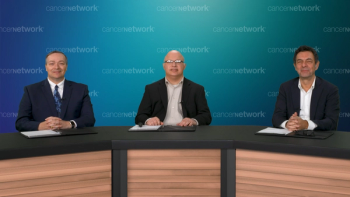
Larry Anderson, MD, goes over the recent data from the IsKia trial which investigated IsaKRd in pre-transplant induction and post-transplant consolidation in TE NDMM.

Your AI-Trained Oncology Knowledge Connection!


Larry Anderson, MD, goes over the recent data from the IsKia trial which investigated IsaKRd in pre-transplant induction and post-transplant consolidation in TE NDMM.

Three physicians explore the criteria for determining an adequate or successful response during the induction phase in patients with TE NDMM and uncover the intricate considerations shaping the choice of maintenance regimens.
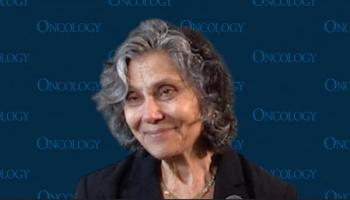
Results from the ECOG-ACRIN E4112 trial appear to support the use of DCIS scores for identifying patients with breast cancer who may be eligible to omit radiotherapy following MRI-guided surgery.
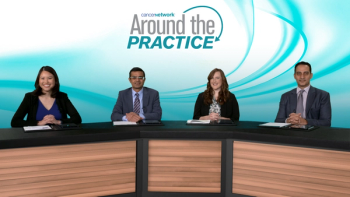
Expert faculty discuss consideration factors in guiding frontline treatment selection with BTKis in CLL.

A panel of oncology experts explore recent updates from SEQUOIA and ELEVATE-RR, discussing the potential impact of these findings on the clinical practice setting.

A panel of oncology experts discuss the role of 1L combination therapy using obinutuzumab plus a BTKi, highlighting key consideration factors for patient selection.
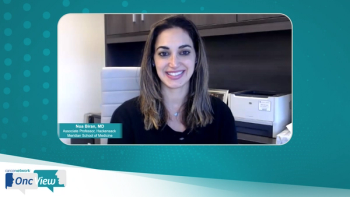
Noa Biran, MD, discusses how the phase III BOSTON trial evaluates selinexor + bortezomib and dexamethasone versus bortezomib and dexamethasone in relapsed/refractory myeloma.

Noa Biran, MD, reviews approved bispecific T-cell engagers and how they redefine multiple myeloma treatment, yielding high response rates in refractory cases, but their use necessitates careful evaluation in later therapy lines.
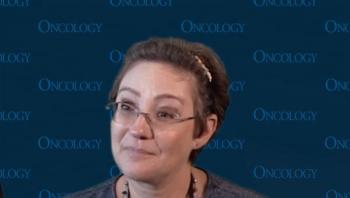
Providers should inform patients with breast cancer that selecting later-line therapies following prior treatment with CDK4/6 inhibitors is a “developing area,” says Abigail M. Johnston, JD.
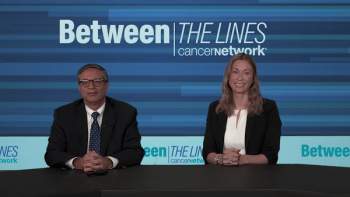
Ellen Marin, PA-C, presents the study conclusions and discusses its implications on managing CRS associated with teclistamab with Dr. Lonial.

Study results show that prophylactic tocilizumab reduces CRS incidence and severity in patients receiving teclistamab.
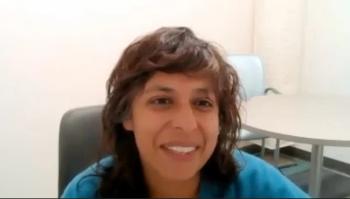
Sarah Donahue, MPH, NP, discusses her strategy for administering doxorubicin, cyclophosphamide, and antiemetics to manage nausea following trastuzumab deruxtecan therapy for patients with hormone receptor–positive breast cancer.

Fatigue and mouth sores are some of the common adverse effects associated with treatment using palbociclib or ribociclib, says Sarah Donahue, MPH, NP.
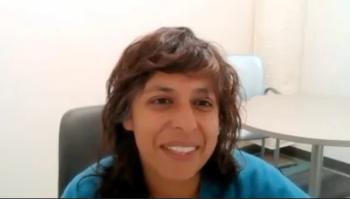
Treatment with CDK4/6 inhibitors does not appear to result in severe neutropenic fever compared with chemotherapy for breast cancer, according to Sarah Donahue, MPH, NP.
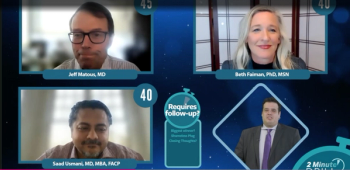
Joshua Richter, MD, of Mount Sinai, and other hematologic cancer experts join CancerNetwork following the 2023 ASH Annual Meeting & Exposition to discuss data from the conference that require the most follow-up.
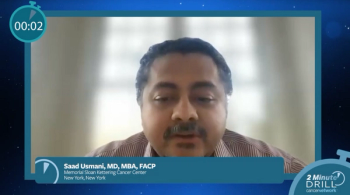
Joshua Richter, MD, of Mount Sinai, and other hematologic cancer experts join CancerNetwork following the 2023 ASH Annual Meeting & Exposition to discuss data from the conference that are most likely to lead to an FDA approval.
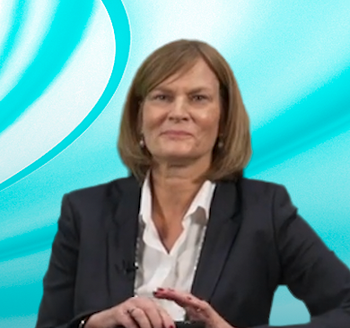
Susan Dent, MD, delves into the exploration of front-line treatment options for triple-positive breast cancer and examines strategies for restaging in the event of disease progression after first-line therapy.
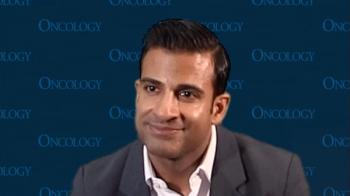
Data from the phase 3 NATALEE trial highlight a positive toxicity profile for ribociclib as an adjuvant therapy for patients with hormone receptor–positive, HER2-negative breast cancer, says Neil M. Iyengar, MD.
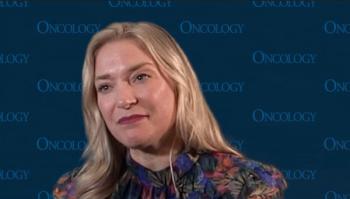
Future research will focus on ctDNA dynamics change over time in the full translational cohort of patients with hormone receptor–positive breast cancer in the phase 3 monarchE study, says Stephanie L. Graff, MD.
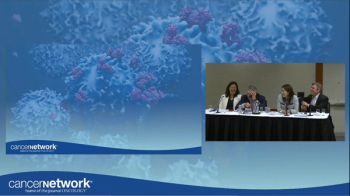
Judy concludes the event and presents the awards.
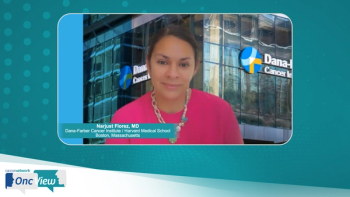
Narjust Florez, MD, discusses the complexities of treating KRAS mutations in NSCLC, including the challenges of commutations affecting immunotherapy response, the need for prolonged progression-free survival with KRAS inhibitors, dosage considerations, and highlights ongoing unmet needs and future research directions.
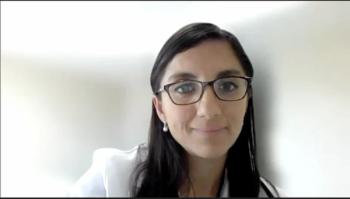
Findings from a National Cancer Database analysis highlight no statistically significant differences in survival outcomes with chemotherapy for patients over 81 years old with triple-negative breast cancer compared with those who do not receive chemotherapy.
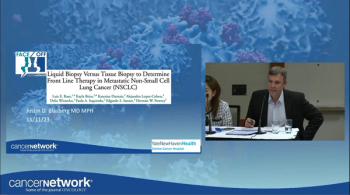
A debate presented on liquid biopsy versus tissue biopsy to determine front line therapy in metastatic NSCLC.
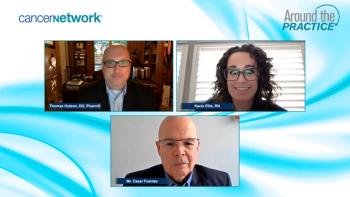
Personal advice on how to manage living with RCC.
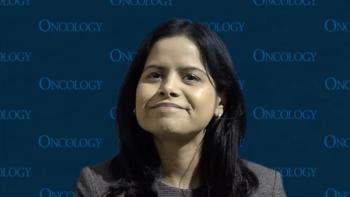
GPRC5D may be a promising therapeutic pathway in the treatment of those with relapsed/refractory multiple myeloma, says Susan Bal, MD.

Data from the phase 1b MonumenTAL-2 trial support pomalidomide plus talquetamab as a promising treatment option in relapsed/refractory multiple myeloma, says Jeffrey Matous, MD.
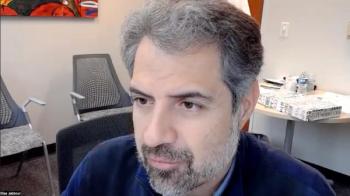
Combining olverembatinib with blinatumomab appears to produce high complete molecular remission rates in patients with newly diagnosed, Philadelphia chromosome–positive acute lymphoblastic leukemia, says Elias Jabbour, MD.
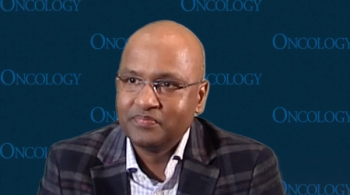
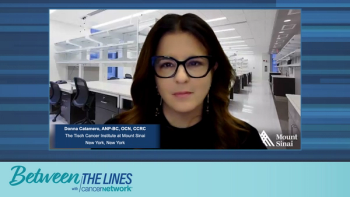
Following a review of MonumenTAL-1, experts on multiple myeloma discuss the conclusions from the clinical trial and provide their impressions of the findings.

A panel of experts on multiple myeloma discuss dermatologic adverse effects seen in patients receiving talquetamab, including nail toxicities.